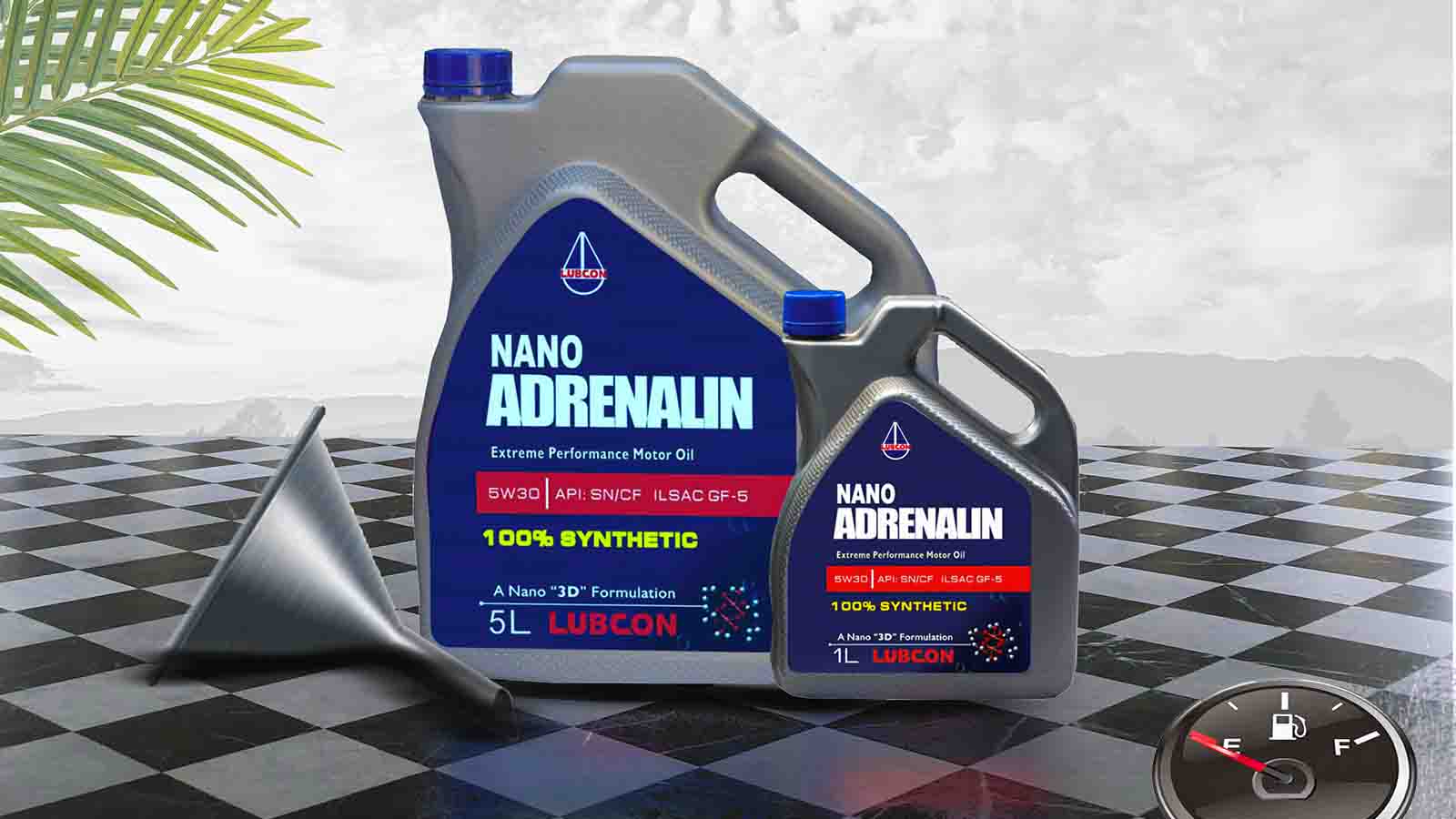Choosing the best engine oil for your car.

Choosing the best engine oil for your car.
Choosing where to buy engine oil in nigeria is key to engjoy engine optimal performance, protect the engine, and prolong its lifespan. With a wide range of options available, selecting the right engine oil can be a daunting task. In this guide, we will explore various factors to consider when determining which engine oil is best for your car.
- Viscosity Grade: The viscosity grade is a crucial factor in engine oil selection. It refers to the oil’s thickness or resistance to flow at different temperatures. Most engine oils have a multi-grade viscosity rating, such as 5W-30 or 10W-40. The “W” stands for winter, indicating the oil’s flow characteristics in colder temperatures. The number before the “W” represents the oil’s viscosity at low temperatures, while the number after the “W” represents its viscosity at higher temperatures. Consult your vehicle’s owner’s manual to determine the recommended viscosity grade for your engine.
- Oil Formulation: Engine oils are available in different formulations, including conventional, synthetic, and semi-synthetic blends. Conventional oils are derived from crude oil and offer good protection for standard engines. Synthetic oils are artificially made and provide enhanced performance, especially in extreme temperatures and under heavy loads. Semi-synthetic blends combine the benefits of both conventional and synthetic oils. Consider factors such as your vehicle’s requirements, driving conditions, and climate to determine the most suitable oil formulation.
- OEM Recommendations: Manufacturers often provide specific oil recommendations for their vehicles. These recommendations consider factors like engine design, tolerances, and performance characteristics. Following the Original Equipment Manufacturer (OEM) recommendations ensures that you select an oil that is compatible with your engine and meets its unique requirements. Consult your vehicle’s owner’s manual or contact the manufacturer to obtain the recommended engine oil specifications.
- Certifications and Approvals: Look for engine oils that carry industry certifications and approvals. The American Petroleum Institute (API) provides certifications such as API SN, API SP, API CK-4, and API FA. These certifications indicate that the oil meets or exceeds the minimum performance requirements set by the API. Additionally, some vehicle manufacturers may have their own specifications or approvals, such as dexos1 for General Motors vehicles. Choosing an oil with relevant certifications ensures that it has undergone rigorous testing and meets the necessary quality standards.
- Additives: Engine oils often contain additives that enhance their performance and provide additional benefits. Detergent additives help keep engine components clean by preventing the formation of deposits and sludge. Anti-wear additives form a protective barrier on metal surfaces, reducing friction and wear. Antioxidant additives prevent oil oxidation and degradation, extending the oil’s life. Anti-foaming agents help reduce foam formation, ensuring efficient lubrication. Consider the additives present in the engine oil and their specific benefits based on your driving conditions and vehicle requirements.
- Fuel Economy: If fuel economy is a priority for you, consider engine oils specifically formulated to improve fuel efficiency. These oils usually have lower viscosity grades and friction-reducing additives. Look for engine oils with energy-conserving labels, such as API SN Resource Conserving or ILSAC GF-5, as they are designed to optimize fuel efficiency.
- Manufacturer Recommendations: Apart from OEM recommendations for engine oil, some vehicle manufacturers may provide their own branded oils. These oils are specifically formulated for their vehicles and often come with additional benefits or warranties. While they may be more expensive, using manufacturer-branded oils can provide peace of mind and ensure compatibility with your vehicle’s engine.
- User Reviews and Recommendations: Consider reading user reviews and seeking recommendations from trusted sources, such as automotive forums or professionals, to gain insights into the performance and experiences of others with a particular engine oil brand or type. Real-world experiences can provide valuable information when making your decision.
In conclusion, selecting the best engine oil for your vehicle involves considering factors such as viscosity grade, oil formulation, OEM recommendations, certifications, additives, fuel economy, manufacturer recommendations, and user reviews. By combining these factors with an understanding of your vehicle’s requirements and your driving conditions, you can make an informed decision. Remember to consult your vehicle’s owner’s manual for specific recommendations and seek professional advice when needed. Regularly changing the engine oil as per the recommended intervals is equally important to ensure optimal engine performance and longevity.

